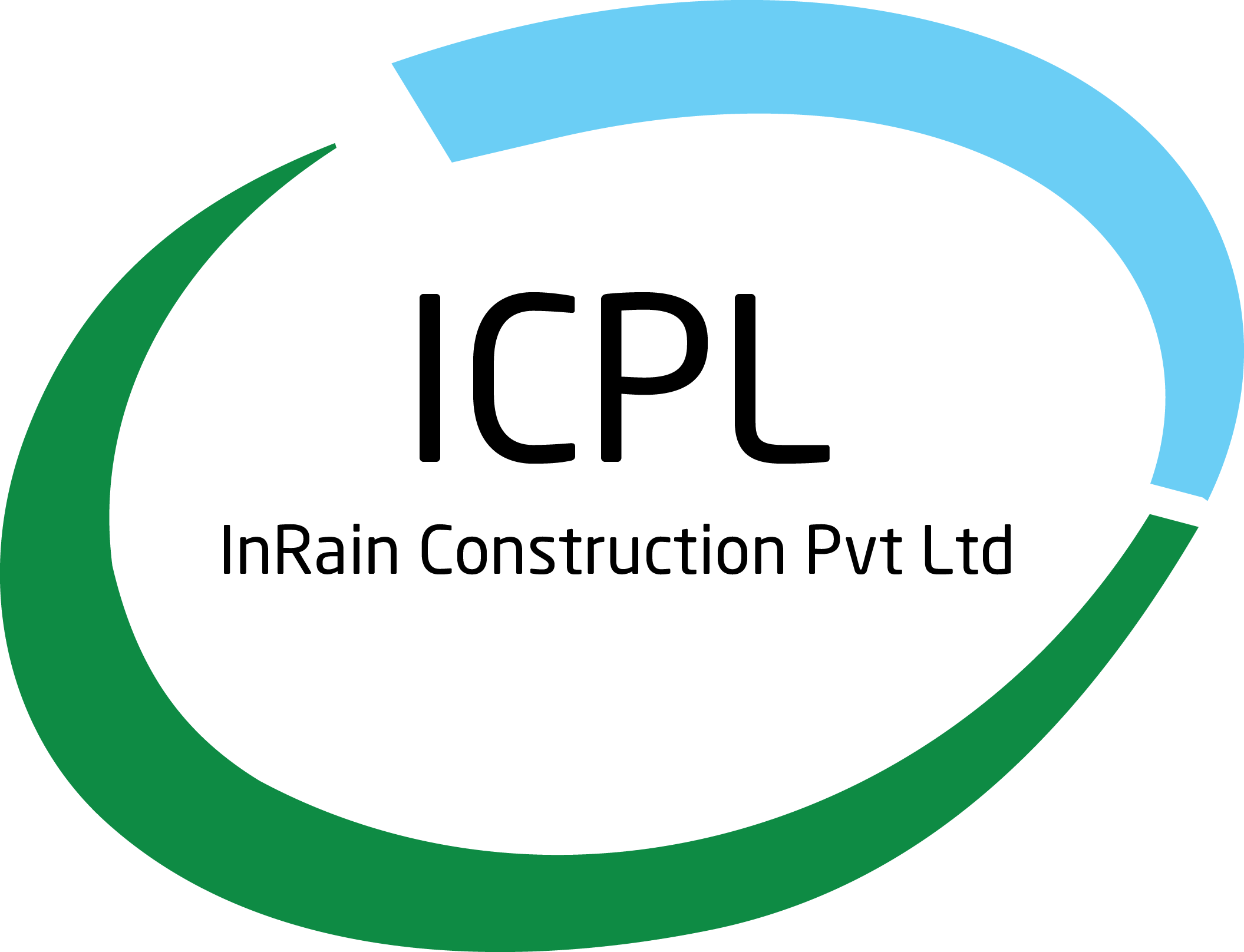
Stormwater Management in India: A Growing Need
As urban areas in India expand and the effects of climate change become more apparent, managing stormwater has become an urgent priority. With heavier and more frequent rains, effective stormwater recharge and management systems are crucial to reducing floods, maintaining water quality, and protecting the environment. Let’s explore why stormwater management matters and how we can adopt sustainable practices to address this challenge.
What Is Stormwater, and Why Is It Important?
Stormwater refers to the runoff generated during rainstorms or snowmelt. In cities, this water flows over impervious surfaces like roads, rooftops, and parking lots, often carrying pollutants like oil, chemicals, and debris into water bodies. Without proper management, stormwater can overwhelm drainage systems, leading to flooding, erosion, and water pollution that disrupts ecosystems and city life.
Why is Stormwater Management Important?
Preventing Floods: One of the main goals of stormwater management is to reduce urban flooding. By allowing water to soak into the ground through recharge systems, we can minimize surface runoff and lower the risk of waterlogging during heavy rains.Improving Water Quality: Stormwater runoff often contains harmful pollutants. Recharge systems act as natural filters, removing impurities before the water replenishes underground aquifers or flows into rivers and lakes.Replenishing Aquifers: With water scarcity becoming a pressing issue in many parts of India, recharging aquifers through stormwater systems provides a sustainable source of freshwater for future needs.
Best Practices for Stormwater Recharge and Management
Permeable Pavements: Replacing traditional pavements with permeable materials allows water to seep through and recharge the soil beneath, reducing runoff.Rain Gardens: These landscaped areas are designed to capture and filter stormwater, promoting natural infiltration while beautifying urban spaces.Detention Basins: These structures temporarily hold stormwater, allowing sediments to settle and enabling gradual water infiltration into the ground.Infiltration Trenches: Trenches filled with porous materials, like gravel, help channel stormwater into the soil, recharging groundwater.
Who Benefits from Stormwater Recharge Systems?
Urban Residents: Better stormwater management reduces flooding during monsoons, preventing property damage and minimizing disruption to daily life.Environmental Advocates: Individuals and organizations committed to protecting ecosystems benefit from reduced pollution in local water bodies and healthier environments.Municipal Authorities: City planners and local governments can use stormwater recharge systems to enhance urban infrastructure and build more resilient communities.Engineers and Urban Planners: Professionals gain access to innovative solutions to design sustainable cities and manage stormwater effectively.Water Conservationists: Advocates for water sustainability see stormwater recharge as a way to combat groundwater depletion and address water scarcity.Community Leaders: Leaders can educate their neighborhoods about stormwater systems, fostering local engagement in building sustainable solutions.Educational Institutions: Schools and colleges can incorporate stormwater management topics into their curriculum to raise awareness among students about sustainability.NGOs: Non-profit organizations focused on conservation can use stormwater recharge as a practical approach to promote environmental responsibility.
Challenges in Stormwater Recharge
Despite its importance, implementing stormwater recharge systems comes with challenges. Urban areas often lack space for infrastructure, and unsuitable soil conditions or high maintenance requirements can complicate efforts. Overcoming these challenges will require creativity, innovation, and strategic urban planning.
Conclusion
In an era of rapid urban growth and climate uncertainty, stormwater management isn’t just an environmental necessity—it’s a lifeline for India’s cities. By adopting effective stormwater recharge systems and raising awareness about their benefits, we can build more resilient communities, protect water resources, and create a healthier environment for future generations.

November 15, 2024
Advancing Sustainability with Modular Rainwater Harvesting

November 20, 2024
Stormwater Management in India: A Growing Need
Our Happy Clients
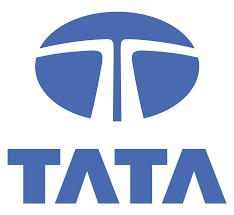
TATA
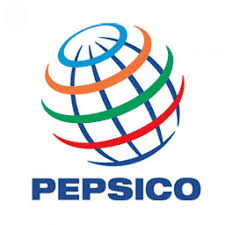
PEPSICO

HONDA

SMART CITY KARIMNAGAR
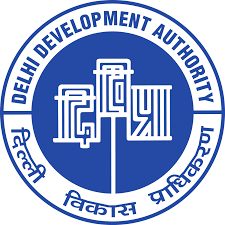
DELHI DEVELOPMENT AUTHORITY

PRADHANMANTRI SANGRAHALAYA
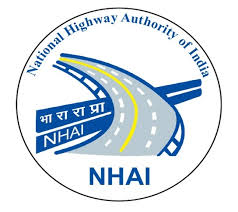
NHAI
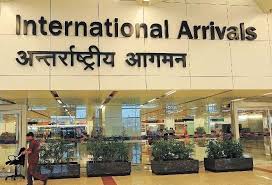
INTERNATIONAL ARRIVALS
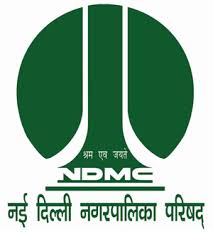
NDMC

HINDUSTAN UNILEVER
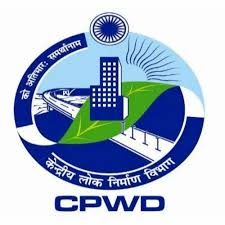
CPWD

PWD

LARSEN & TOUBRO

MARATHON ELECTRIC
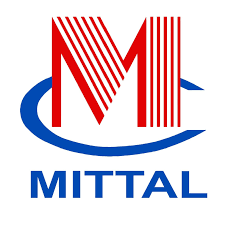
MITTAL CONS.

GMDA

FUJITA

BROOKFIELD PROPERTIES
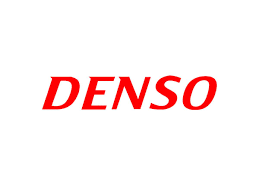
DENSO

GLS

CBRE

SMC

SUPREME PIPES

AHRESTY
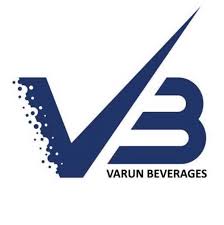
V3
©Copyright 2025 InRain® Construction Pvt. Ltd. All Rights Reserved.
